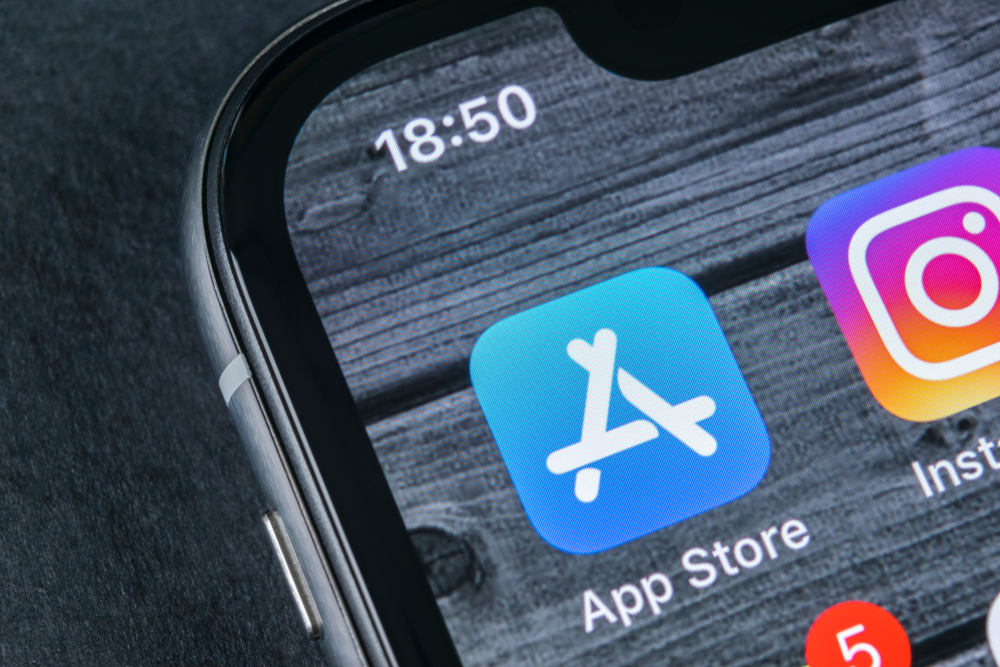Apple concedes ground to developers with $100 million settlement
The tech giant is now allowing developers to promote purchase options outside of iOS apps


Apple has made a number of revisions to the way its App Store operates as part of a $100 million settlement with US-based app developers who sued the company for alleged unfair practices.
Many of these change some of the most controversial policies that have been subject to much scrutiny in recent years, particularly the way Apple prohibited developers from informing users about in-app payments outside of the App Store.
The firm has, as part of the $100 million settlement, will now allow developers to communicate such information outside of their iOS app either through email or other methods. They’re still prohibited from doing so within an app, however.
“From the beginning, the App Store has been an economic miracle; it is the safest and most trusted place for users to get apps, and an incredible business opportunity for developers to innovate, thrive, and grow,” said Apple Fellow who oversees the App Store, Phil Schiller.
“We would like to thank the developers who worked with us to reach these agreements in support of the goals of the App Store and to the benefit of all of our users.”
The company claims these changes will help make the App Store “an ever better business opportunity for developers” while maintaining the integrity of the marketplace.
Developers can also expand the price points they can offer for subscriptions, in-app purchases and paid apps from fewer than 100 to 500. This is among seven priorities that Apple and developers identified in the discussions.
Get the ITPro daily newsletter
Sign up today and you will receive a free copy of our Future Focus 2025 report - the leading guidance on AI, cybersecurity and other IT challenges as per 700+ senior executives
Many of these priorities involve current policies continuing, such as Apple taking a reduced commission of 15% on in-app purchases for businesses earning less than $1 million per year.
Apple has also agreed to create an annual transparency report that will share statistics about the app review process, with more information about how developers can appeal. This report will disclose information about the number of apps rejected for different reasons, the number of customer and developer accounts deactivated, objecting data regarding search queries and results, and the number of apps removed from the App Store.
The company will also establish a fund to assist small developers, with eligible developers needing to earn $1 million or less through the US store for all their apps in every calendar year. This spans 99% of developers based in the US.
Although the changes might be welcomed by developers, they were seeking a means to let users know about how to make purchases outside of the App Store within their apps, so they don’t have to use Apple’s in-app payment system. This is because Apple charges a 30% commission on all of these payments. It’s one of the central pillars in the ongoing legal case against Epic.
Apple’s App Store practices have gained notoriety in recent years, with this case stretching back to 2019. Meanwhile, the firm faces a similar class-action lawsuit in the UK over “excessive” App Store charges.

Keumars Afifi-Sabet is a writer and editor that specialises in public sector, cyber security, and cloud computing. He first joined ITPro as a staff writer in April 2018 and eventually became its Features Editor. Although a regular contributor to other tech sites in the past, these days you will find Keumars on LiveScience, where he runs its Technology section.
-
 Should AI PCs be part of your next hardware refresh?
Should AI PCs be part of your next hardware refresh?AI PCs are fast becoming a business staple and a surefire way to future-proof your business
By Bobby Hellard
-
 Westcon-Comstor and Vectra AI launch brace of new channel initiatives
Westcon-Comstor and Vectra AI launch brace of new channel initiativesNews Westcon-Comstor and Vectra AI have announced the launch of two new channel growth initiatives focused on the managed security service provider (MSSP) space and AWS Marketplace.
By Daniel Todd